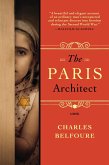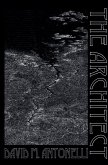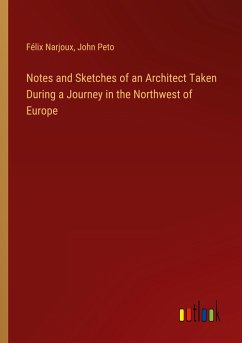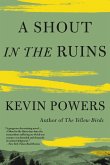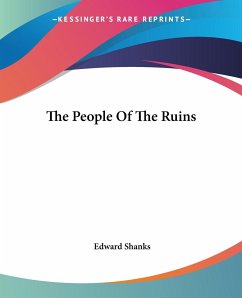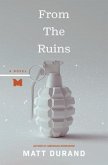The Architect of Ruins is considered one of the masterpieces of 20th century German fiction. An archetypal Dedalus novel with its literary game-playing and story-within-a-story technique. It has the labyrinthine brilliance of Robert Irwin's The Arabian Nightmare and Umberto Eco's The Name of the Rose. Four men led by the Architect of Ruins construct an Armagedon shelter, in the shape of a giant cigar, so that when the end of the world comes they can enter eternity in the right mood, whilst playing a Schubert string quartet. They amuse themselves by telling stories, which take on a life of their own, with walk on parts for Faust, Don Juan, da Ponte, and G.K. Chesterton etc as the narrative flashes back and forth between the Dark Ages and the Modern Day, like a literary Mobius strip. Although for European readers it will call to mind Jan Potocki's The Saragossa Manuscript, for English readers the wit and humour of The Architect of Ruins will make it read like a 20th century sequel to Laurence Sterne's Tristram Shandy.
Hinweis: Dieser Artikel kann nur an eine deutsche Lieferadresse ausgeliefert werden.
Hinweis: Dieser Artikel kann nur an eine deutsche Lieferadresse ausgeliefert werden.


